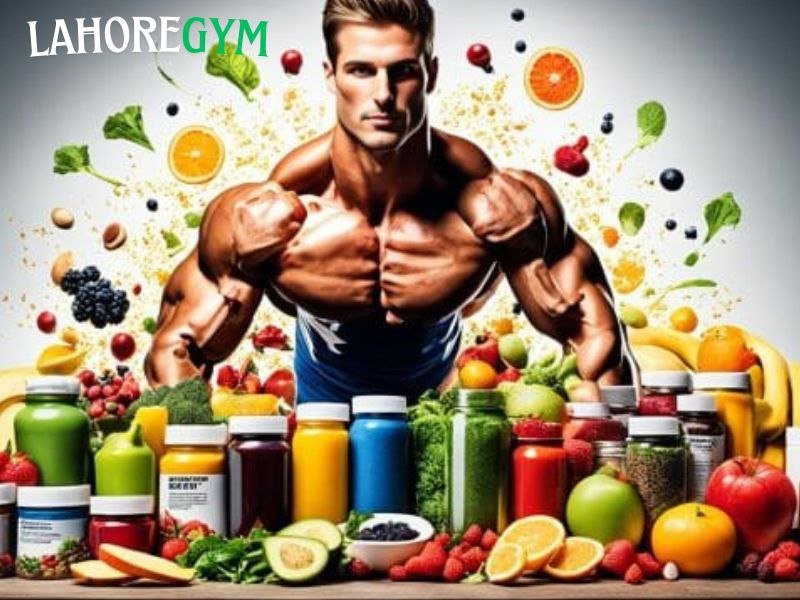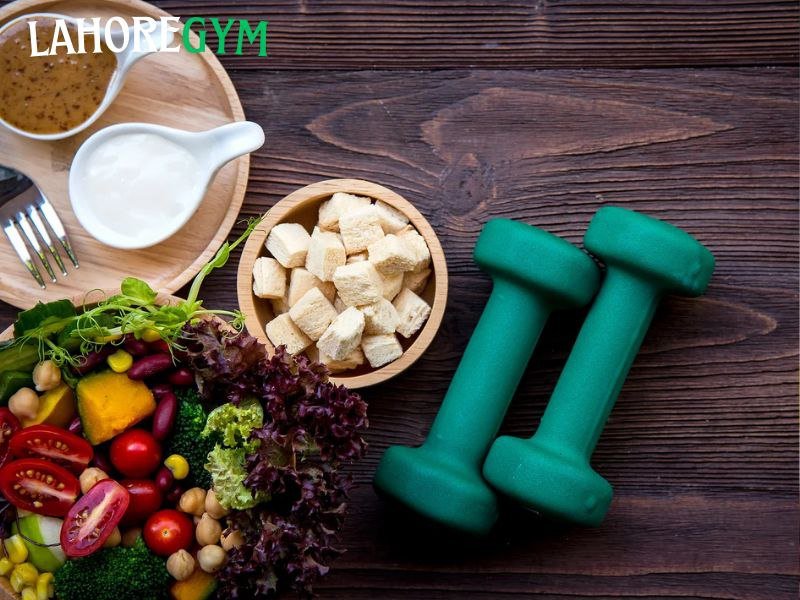Healthy nutrition is always essential for athletes, but it becomes even more important during the preparation period for competition, What you eat and drink before and during the event can either enhance your performance or negatively affect it, Raven Nairn (M.S., R.D., L.D.), a nutrition specialist at the Johns Hopkins Center for Health and Wellness, explains the importance of athletes paying attention to nutrition and how to make the right food choices before engaging in major championships, races, and sports events.

The Role of Nutrition in Athletic Performance
All individuals need to maintain a balanced diet, but sports activities require specific needs for the body, making nutrition directly impact athletes.
Nutrition provides energy for the body
Athletes burn their energy stores faster than non-athletes, especially during competitions, which makes their energy needs greater, If an athlete consumes fewer calories than they burn, it may affect their performance and expose them to fatigue or stress fractures, This deficiency is known as Relative Energy Deficiency in Sport (REDs).
Nutrition helps the body recover
Training and competition cause small tears in the muscles, which are a natural part of muscle growth, Protein plays a key role in rebuilding muscles and tissues, but overconsumption can lead to dehydration and calcium loss.
Fluids regulate hydration and body temperature
Athletes lose more fluids than others due to sweating, especially when wearing additional gear such as that used in football or lacrosse, Therefore, hydration is essential.
Nutrition affects weight
In some sports such as wrestling, an athlete’s weight determines the category they compete in. In this case, athletes may be under intense pressure to maintain their weight.
Nutrition supports overall health
When the body gets all the essential nutrients, immunity is strengthened, and both body and mind function at their best.
What Should Athletes Eat Before Competition?

Meal preparation begins a week before competition.
Weeks before competition
It is recommended to follow a balanced diet that includes about 60% carbohydrates, 20% protein, and 20% fat, A variety of foods should be consumed, such as whole grains, leafy vegetables, fruits, lean meats, low-fat dairy products, along with plenty of water.
24–48 hours before competition
The best option is to have a balanced meal similar to training meals, such as grilled chicken breast with a plate of pasta and vegetables, or a turkey sandwich on whole wheat bread, It is better to stick to familiar foods to avoid stomach upset.
Carb-loading
This is recommended for endurance sports such as marathons or long-distance cycling races. It involves eating carbohydrate-rich meals (such as pasta, potatoes, rice, and bananas) 24 to 48 hours before competition, ensuring adequate glycogen stores in the muscles.
3–4 hours before competition
The main pre-competition meal should consist of:
- 50% carbohydrates (such as grains, bread, rice, pasta, and fruits).
- 25% light protein such as eggs, chicken, fish, lentils, or tofu.
- 25% vegetables and colorful fruits rich in vitamins and minerals.
If a full meal is difficult to tolerate, it can be replaced with a balanced smoothie, Adequate fluid intake is also essential.
Before weigh-in
In sports such as weightlifting and martial arts, attention must be paid to the timing of weigh-in. If the competition is in the morning, meal time may be limited to one or two hours before the event, In this case, it is preferable to focus on easy-to-digest carbohydrates with water.
One hour to 30 minutes before competition
It is best to have a light snack containing simple carbohydrates to quickly supply the body with energy, such as:
- Granola bars.
- Whole grain crackers with hummus.
- Crispy rice treats.
During Competition
Not all sports allow breaks, but if a pause occurs, focus should be on fluid intake and easily digestible snacks such as:
- Applesauce.
- Protein or granola bars.
Foods to Avoid Before Competition
- High-fat foods (such as fried foods, large amounts of nuts, and red meats).
- Foods high in lactose (such as milk, cheese, and yogurt).
- High-fiber foods such as beans, broccoli, and berries.
- Caffeine (may cause dehydration and cramps).
Does the Diet Differ Depending on the Athlete’s Level?
Young athletes (school level): Need smaller meals more frequently due to growth.
College athletes: Still in a growth stage, so they require frequent meals rich in vitamins and minerals to protect the body from injuries.

